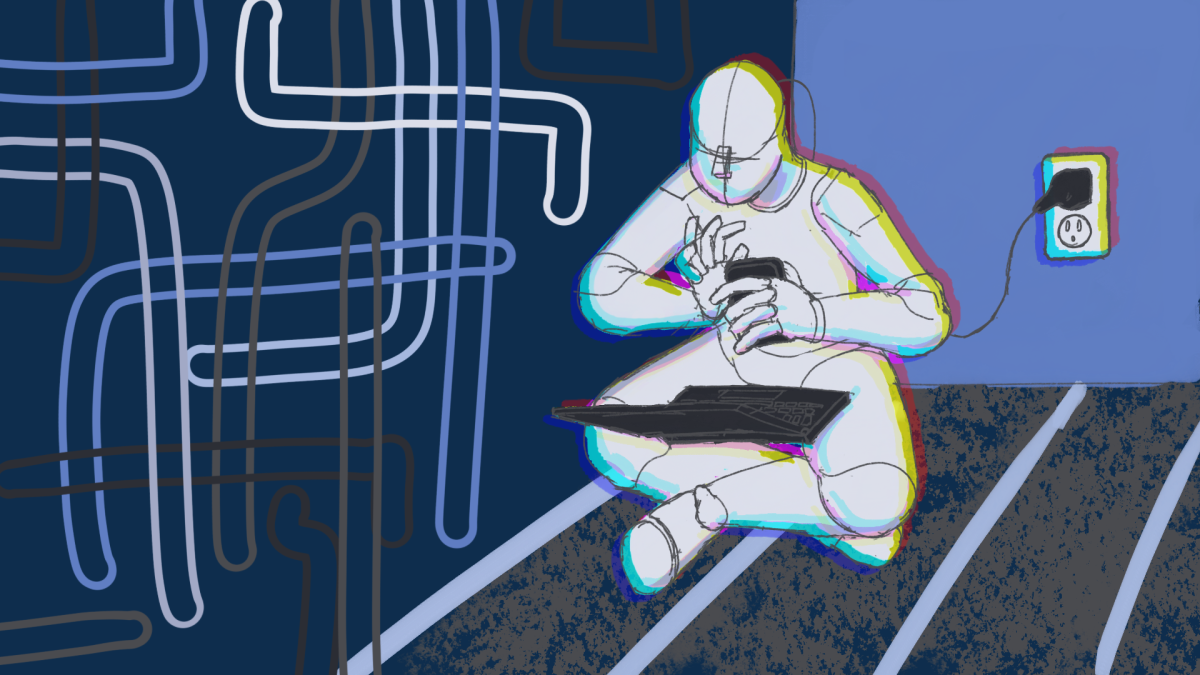There has been a great deal of emphasis on issues pertaining to income inequality and economic mobility within our country lately. The concern remains so great that it crosses party lines, with a study done in January by the Pew Research Center revealing that more than 60 percent of both Democrats and Republicans say they believe income disparity is a problem and the income gap continues to grow. It is clear the majority of Americans view these as matters that cannot be ignored.
But ultimately, this agreement about the issue of income disparity is revealing of an agreement about a much deeper issue. This root problem isn’t the deep variance in wealth; it’s what this severe variance represents. The variance reveals the lack of equal opportunity in this country.
Equal opportunity is among those ideals on which many feel the United States was founded. We are all born and created equal in this country, so we should all have equal opportunity as well. Is this not among the things we strive, fight and die for?—the American dream that suggests I have a fair chance to rise up by the labor of my hands? These are ideals that remain intensely held within the psychology of the American people. Therefore, it is unsurprising that a staggering disparity in income is seen as a matter of public concern. This disparity seems to represent a threat to the fundamental and American value of equal opportunity.
There’s a clear problem here. Even though equal opportunity is sought after in this country, we all know it doesn’t exist in any real form. In fact, I would argue that we will never get close to it. This is because we have another basic American value that we deem even more important. This other value is our freedom of choice. In the States, we believe inherently in autonomy.
Naturally, it is preferable to look at the upside of this freedom of choice. This is the vantage point that shows a personaldesiring and choosing to better themselves within society through avenues of starting their own business, building and supporting a family, or working a respectable job. Indeed, many exercise their freedom of choice to make good decisions like this all the time. However, many also utilize this freedom to make poor decisions. They have the ability to choose to break laws and, in turn, go to jail. They have the ability to make a choice, possibly rooted in racism or sexism, to deny a job applicant. They are able to use their freedom to get a woman pregnant and leave her to raise that baby on her own, creating another child that will go fatherless.
All of these choices that we make as citizens, both good and bad, lead to different standings, incomes, classes and education levels for ourselves within society. This seems rightfully so and fair to us. Not nearly as fair, though, and most importantly, those same choices we make directly lead to different standings for our children. We intuitively understand this, as our parents’ decisions and their parents’ decisions to a large extent affect our generation’s current standing within society. These differences in privilege from birth for our children don’t create equal opportunity for the next generation. We clearly strive toward equality of opportunity, but it is something we never have come close to realizing.
This lack of realization for things, such as equal opportunity and fair distribution of income, reveal something we are unable to admit to ourselves. We say we value fairness and equality. But we also know we ultimately value freedom of personal choice far more. In making a decision to live in a society like this, we naturally give up other things. That is the basis of understanding economics and our lives. Any time we choose something, in this case the freedom of choice, we are giving up an alternative path.
Does this mean I believe we ought not to aid those in need within our society? Absolutely not. We ought to give each person the best chance possible. But no matter how well our policies are designed or implemented, we will never be able to fully combat the destructive choices of those within society through legislation. As difficult as it is to say, this is the price we pay to live in this country of freedom. In a way, this is the only thing in this country that even approaches fairness in life: that everyone, no matter where they come from, no matter how hard or easy it might be to do so, no matter how unequal the choices that lay before them, has the innate and human ability to decide how they will choose for themselves.





